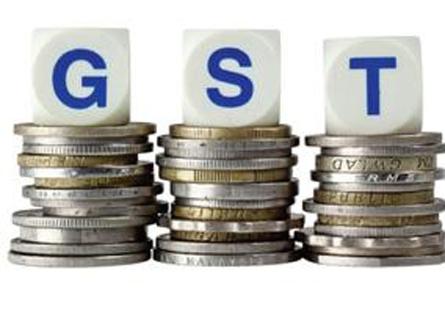
In the next step towards meeting an April 1, 2017 deadline to implement the Tax reform GST Bill, on September 12 the Union Cabinet approved the setting up of GST Council which will fix the rate of the single tax that will replace a slew of indirect taxes across the country. But the tangible benefits of GST will take some time to play out. On one hand, it's difficult to quantify the impact on diverse sectors until the government announces the final GST rate, some analysts are assuming a standard rate of 17-18 per cent. What makes GST an important tax reform is it simplifies the tax structure, increases tax compliance, increases government revenue and integrates states. One of the most important benefits of implementing the GST is that it would integrate the economy and provide for a common national market.
We have to understand that healthcare compared to other industries is unique in the context that unlike in Western countries where most of the healthcare services are co pay, here almost 70-80% are out of pocket expense, so it is price sensitive when it involves chronic diseases or long term illnesses and it is certainly going to impact the common man who needs medications to survive.
However, in the long term, lower tax and logistic costs, productivity gains and higher investments under the GST should structurally reduce inflation. The current cascading tax structure on import duty makes it expensive for the industry to import machinery. GST is likely to reduce this cost.This sector enjoys several tax exemptions and benefits. It is still not clear whether these benefits will continue under GST.
Health insurance and diagnostic centers, which are mainly service-oriented, may fall under higher tax rates, thereby making such services more expensive for consumers. GST Bill can mitigate the cascading effect of taxes and other anomalies. Also, this legislation is expected to accelerate prime minister's ‘Make in India' initiative and lower prices for the consumers.
But, too high a rate will hurt the service industries and the consumer and the opposite will kill the revenues of producing, manufacturing sector. Healthcare industry is unique in the sense that, Healthcare Industry has both components the manufacturing (medical device component) and the healthcare service component. We will need to arrive at an optimum rate to circumvent this problem.